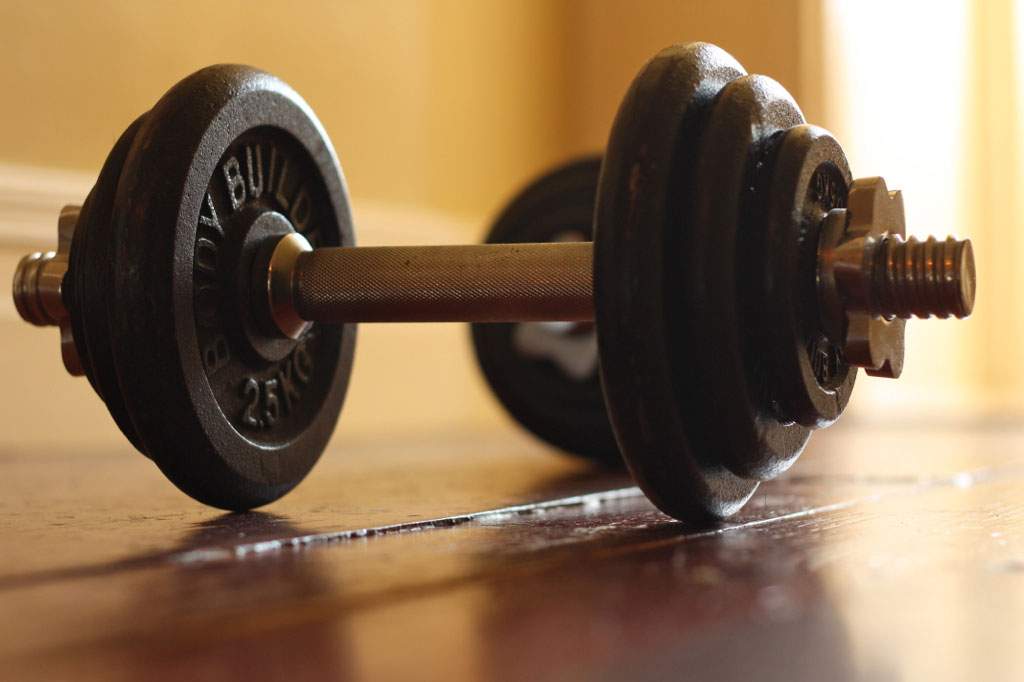
We all know we need iron to live. How else would our blood carry oxygen to our lungs? And cells need iron in order to multiply. The problem is that our cells aren't the only ones who need iron in order to thrive. Cancer cells and harmful microorganisms like E. Coli and staph need iron, too.
Line of Defense
The good news is that our bodies have several mechanisms for preventing dangerous invaders from getting the iron they need. Our bodies' defense strategy is to starve these invaders and contain them.
First, the level of iron in our blood plasma drops down dramatically, and our bodies reduce the amount of iron we absorb from our diet to a bare minimum until the danger is over. Next, our white blood cells have a protein that scavenges for loose iron atoms so that the invaders don't get a hold of them. Finally, to seal the deal, our immune system forms antibodies to the protein receptors the invaders use to acquire iron. The next time the same organism invades, these antibodies will completely block it from getting the iron it needs.
Pumping (Too Much) Iron
No wonder, then, that having too much iron in your system can mean the difference between life and death. Too much iron clogs our bodies' natural debris-control system and suppresses our white blood cells. What's more, iron is a powerful oxidant, so when iron reacts with oxygen, it can damage the DNA in our cells and actually trigger the cancer process.
Help your body protect you by making sure that you're not consuming too much iron. Avoid iron supplements unless your doctor prescribes them, and stop smoking. Tobacco is loaded with iron.









